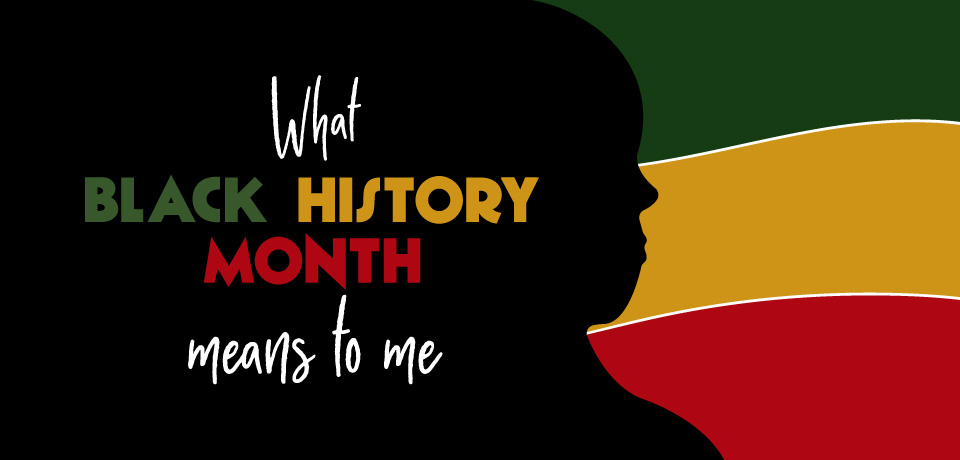As a country, people of color have just one month of recognition that was not offered to them, but taken as an opportunity. An opportunity to reflect on the struggles, the trials, and the tribulations beset on a group of people who were forced to this place by oppressing colonizers looking to build a land based on morals and values. Those oppressors would somehow call it “the land of the free.” My ancestors would agree, as I hope my son never has to. But if this is free, then I wish to change the definition.
Just over 500 years later, the fight continues. It may not continue today in the same forms as it did 25, 50, or 150 years ago, but the fight is still real. Every day there is injustice towards people who look like me; few make the news or aren’t even recognized as issues. With that said, as the son of the first black executive of the state of Alabama, the grandson of a pioneer of the civil rights movement and the former President of the NAACP (National Association for the Advancement of Colored People) as well as the great-great-great-grandson of the first black congressman in the state of Florida, it serves me well to know where we have come from. Not only through family stories, but through my own struggle as a black youth growing up in Birmingham, Alabama. We as a people have made tremendous strides, let that be known, but unfortunately the struggle is still real and our platform has yet to be truly equal.
So when I think about what black history means to me it creates moments of pain, of hurt, fear, and anger all while providing moments of joy, of pride, achievement, thanks, and success. Success is measured not by the position you’re in, but by what you’ve gone through or overcome to get to where you are. This month, which should be celebrated year round, brings a heightened sense or extended light to the men and women who came before me. Many people of color decided and declared that they were equal and deserved the rights that the constitution declared they should have and the freedoms that were warranted to not just a select few, but to all.
Despite the battles they faced, I sure am glad they did because as the 4th Thursday in November says, we should be thankful. I’m thankful for our real heroes and freedom riders. I’m thankful for the examples set by pioneers such as Charlie Sifford, Benjamin Davis, Thurgood Marshall, and Langston Hughes. I’m thankful for “Black Wall Street.” I’m thankful for the soldiers that fought in past wars for this country most of which wouldn’t be recognized as vets much less citizens. I’m thankful for the civil rights movement. I’m thankful for the opportunities that were allowed to me because I’m American, but more importantly, because of those we praise, especially this month.
The hope I have with this month is that we strive collectively and collaboratively as men and women and as brothers and sisters, not as brown and white. And that we search for an even better humanity that foregoes lines of color, while recognizing where we’ve come from and looking forward to the future. Black history is something to be thankful for and I have confidence that it brings us together in the coming days. For our society will depend on it.
